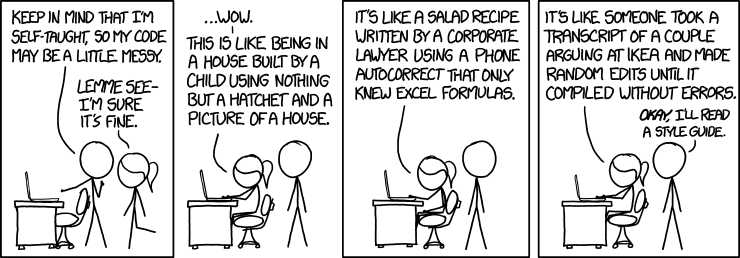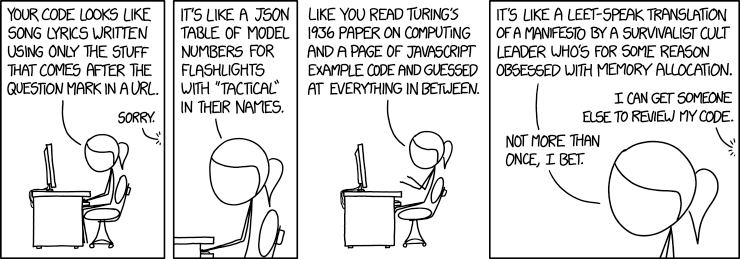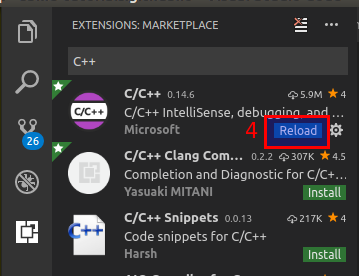Code Styling (formatting): Enhancing Your Code Readability
Introduction
Always make your code clean and tidy. This will enhance the readability for your code, and accordingly saving a lot of time (and somtimes saving lives).
Better Errors Detection
Styling your code during development makes it easier to detect basic errors, like braces inbalances (i.e missing or excessive braces).
Healthy Collaboration
When you work with a team, you have to make your code representing your logic very clearly. This will also guarantees a healthier friendships (if your team members are also your friends).

Maintainability
With a good code quality, you can always return back to your code after a long time to make some edits and new features.

Formatting Your Code on Visual Studio Code
Install the C/C++ Extension


Use Shortcuts During Coding
After finishing several lines of code let the Visual Studio Code auto-style your code using Ctrl+Shift+I. You can also do it for the entire source code.
Naming Conventions
The style we use in naming variables should be consistent. There are many naming conventions out there on the web. You can use any naming convention, but you should stick to that convention for the whole project for consistency. Moreover, you should always pick a concise and descriptive name for your variables.
Function Names
Functions are made to perform some actions. Try to name your function describing what it does in a concise way.
double s( double a , double b); // Bad example
double SummationOfTwoDoubles( double a, double b); // Lengthy example
double sum( double a, double b); // Looks fine
double Sum( double a, double b); // Also good. But this is another naming convention.
double ecganls( double *ecg , int size ); // Very vague!
double analyzeECG( double *ecg, int size ); // Looks good. It is called camelCase style.
double AnalyzeECG( double *ecg, int size ); // Looks good. It is called PascalCase style.
double analyze_ecg( double *ecg, int size); // Looks good. A common style for Python language.
Pointer Variables
To distinguish pointers from other types, let’s give it a special prefix in their names.
int m = 9;
double *x = &m; // Not so readable.
double *pm = &m; // Might be better.
double *p_m = &m; // Also better.